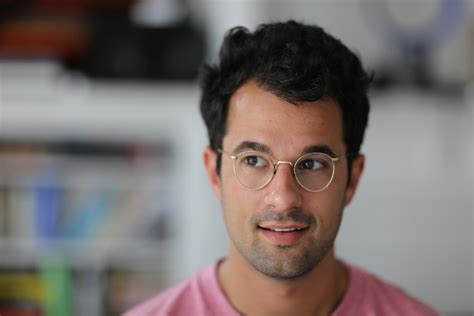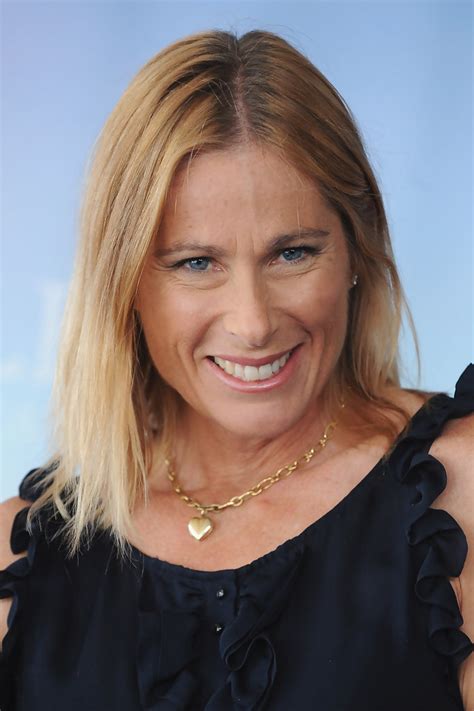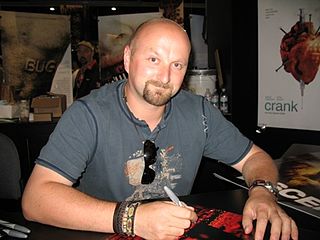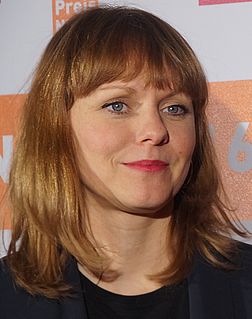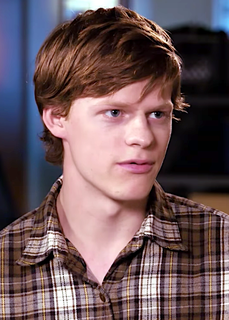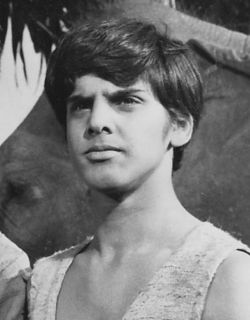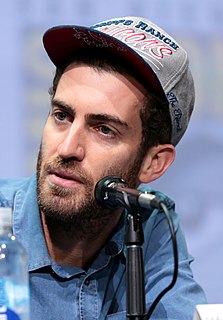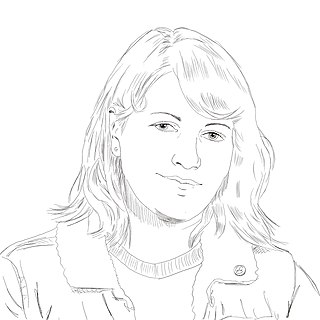Цитата Дэвида Шапиро
Я всегда выставляю аппарат. Я показываю, как снимался фильм. Я признателен режиссеру и кинопроизводству.
Темы цитат
Связанные цитаты
Мы с Komplizen Film очень верим в сценариста-режиссера и в свободу режиссера. Я думаю, что всегда хорошо быть вовлеченным в то, где ты тратишь деньги. Кинопроизводство, вы видите на картинке, на что потрачены деньги. Мне никогда не приходилось покидать этап кинопроизводства, чтобы стать по-настоящему счастливым, и это было действительно большой роскошью. Я думаю, что это может случиться, потому что я сам себе продюсер.
В любом кинобизнесе, если вы пытаетесь снять свой следующий фильм, вы никогда не скажете: «О, мой последний фильм был культовым». Я бы сказал: «О, отлично, ну, я надеюсь, что это не так!» Я всегда говорю Джонни Ноксвиллу: «Как ты это делаешь? Вы делаете то же самое, что и мы, за исключением того, что вы заработали миллионы, а я заработал сотни».
Что касается кинопроизводства, я так долго думал: «О, мне нужно разрешение, чтобы пойти и стать режиссером и режиссером». И я прочитал «Бунтарь без команды» Роберта Родригеса. Он просто вышел и сделал это, чувак. В своей книге он даже говорит, что просто напишите свое имя на визитной карточке и скажите, что вы кинорежиссер. Поздравляю, вы кинорежиссер.
Я ушел из кино, потому что чувствовал, что фотография — это мое искусство. Это было то, что я мог сделать сам, в то время как фильм был таким совместным. Я думал, что как фотограф я могу сделать что-то художественное, что будет моим, и мне это понравилось. И только когда я вернулся в кино, и у меня была очень маленькая съемочная группа, и я мог делать очень крошечные фильмы, которые не составляли 100 человек, я все еще чувствовал, что делаю что-то художественное как режиссер. Итак, вы знаете, я художник, и будь то фотография или фильм, я хочу, чтобы мой голос был там, и я думаю, что мой голос очень силен в этом фильме.
